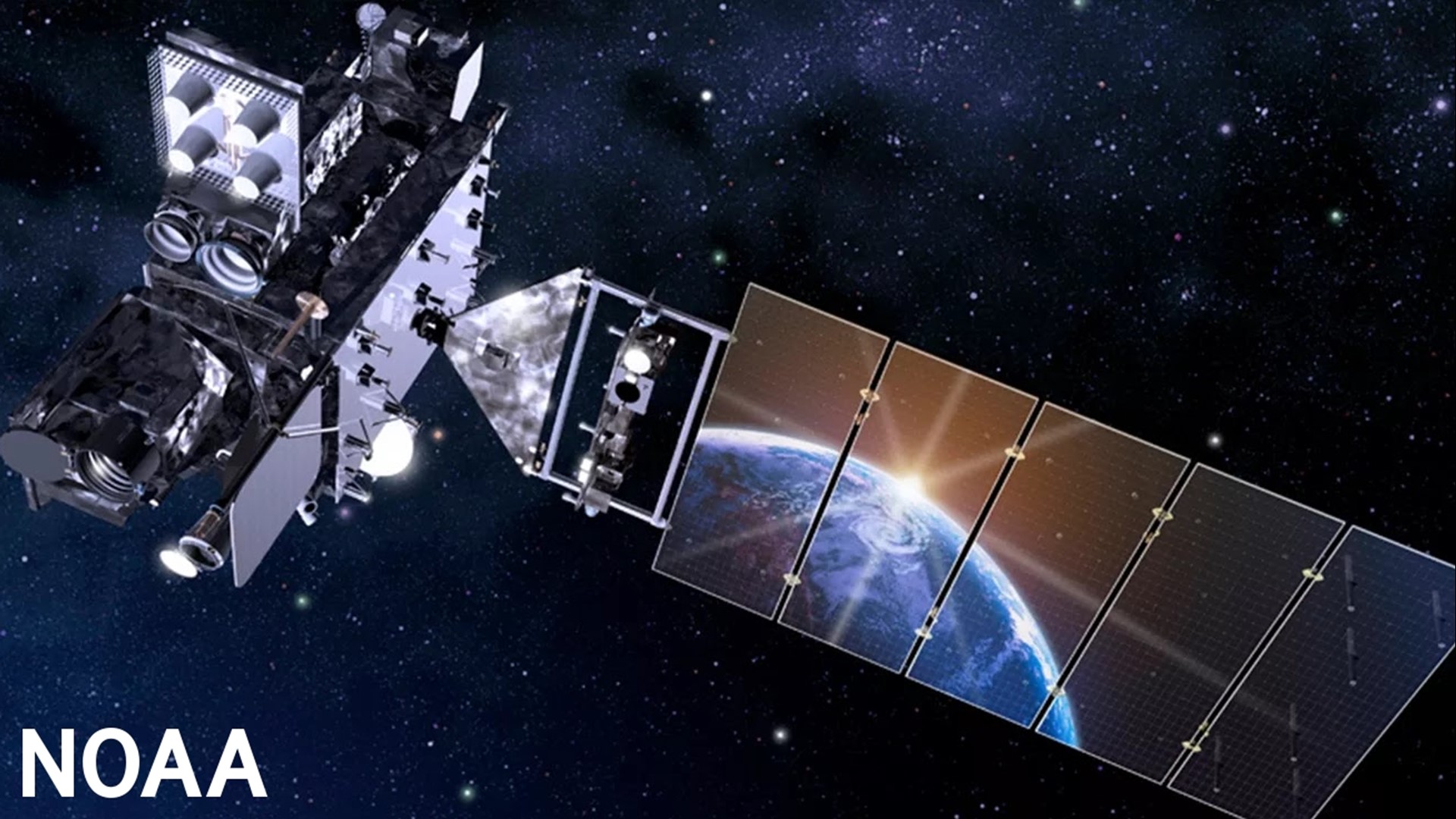CAPE CANAVERAL, Fla. — NASA's newest Geostationary Operational Environmental Satellite (GOES) successfully launched from Cape Canaveral, Florida on Tuesday afternoon.
The satellite, officially named GOES-T, will sit in position 22,300 miles above the Pacific Ocean.
“From where it will be located, it will be able to see an area from Alaska down to Antarctica and from South America to Australia all at the same time," says Dr. Jack Beven, a senior hurricane specialist for the National Hurricane Center. For Beven and his team, this satellite will be particularly useful for tracking tropical systems in the Pacific Ocean.
While the satellite's main coverage area is for places mainly along the Pacific Ocean, it will still be a useful tool for those of us on the East Coast, according to Dr. Beven.
“The advantage of having GOES-T out in it’s position in the Pacific is that it will be watching the weather systems that come across the Pacific into the United States," said Beven. "For example, the wintertime nor’easters that affect the northeastern United States often start as systems coming across the Pacific and then move across the United States to the northeastern United States.”
Along with tracking weather systems, GOES-T will also monitor wildfires, volcanic ash plumes and space weather.
“The space weather instruments will give us advanced warning if we get geomagnetic storms and things that could trigger aurora or damage your satellites or cause communication problems or, in extreme cases, maybe cause electrical blackouts," says Beven.
Once in position and tested, the satellite will be deemed operational and change its name to GOES-18, becoming the third satellite in this next-generation fleet.
Beven says he is excited for this new tool for weather forecast: "It’s a very powerful tool to help us monitor and warn for severe weather."

